Silver Nanoparticles
Silver Nanoparticles Application:
Ag Nanoparticles can be used as a pharmaceutical antibacterial, disinfectant; some the countries use Ag Nanoparticles for anti-AIDS drugs, mixed with zinc oxide powder for disinfection; Ag Nanoparticles used as a chemical catalyst. Also, Ag Nanoparticles used as Antivirus antibacterial material: adding 0.1% silver nanoparticles, the inorganic antibacterial powder, can play an important role in the suppression and killing of dozens of pathogenic micro-organisms such as Escherichia coli, Staphylococcus aureus.
| Silver Nanoparticles | |
| Product No | NRE-1039 |
| CAS No. | 7440-22-4 |
| Formula | Ag |
| APS | <100nm (Can be Customized) |
| Purity | 99.9% |
| Color | Black Gray |
| Molecular Weight | 107.868 g/mol |
| Density | 10.5 g/cm3 |
| Melting Point | 961.8 °C |
| Boiling Point | 2,162 °C |
Silver Nanoparticles Application:
Silver nanoparticles have a wide range of applications across various industries due to their unique properties, including their small size, high surface area, and antimicrobial characteristics. Here are some of the notable applications of silver nanoparticles:
Antimicrobial Agents:
Silver nanoparticles are known for their strong antimicrobial properties. They can be incorporated into textiles, wound dressings, and medical devices to prevent the growth of bacteria and fungi. This is particularly useful in healthcare settings to reduce the risk of infections.
Biomedical Applications:
Silver nanoparticles are used in drug delivery systems to improve the solubility and bioavailability of certain drugs.
They can be used in diagnostic assays and imaging techniques for their ability to bind to specific biomolecules and enhance imaging contrast.
Catalysis:
Silver nanoparticles serve as effective catalysts in various chemical reactions. Their high surface area allows for enhanced catalytic activity, making them valuable in green chemistry applications.
Electronics:
Silver nanoparticles are used in the production of conductive inks and pastes for printed electronics, flexible circuits, and RFID antennas.
Photovoltaics:
Silver nanopowder can be incorporated into solar cells to enhance their efficiency by trapping and scattering light, thus increasing light absorption and improving energy conversion.
Water Purification:
Silver nanopowder is employed in water treatment processes to remove contaminants and microorganisms due to their antimicrobial properties. They can be used in water filters and purification systems.
Food Packaging:
Silver nanopowder is utilized in food packaging materials to extend the shelf life of perishable products by inhibiting the growth of bacteria and fungi.
Textiles:
Silver nanopowder can be incorporated into fabrics to create antimicrobial textiles, which find applications in clothing, bedding, and hospital gowns.
Cosmetics:
They are used in cosmetic products, such as creams and lotions, for their antibacterial properties and their ability to enhance product stability.
Coatings:
Silver nanopowder coatings can be applied to various surfaces, including glass and ceramics, to provide antimicrobial protection and reduce the growth of biofilms.
Nanotechnology Research:
Silver nanopowder is widely used in nanotechnology research as model nanoparticles for studying the behavior of nanomaterials.
Photothermal Therapy:
In cancer treatment, silver nanoparticles can be used to selectively target and destroy cancer cells when exposed to laser light, a technique known as photothermal therapy.
Biological and Chemical Sensors:
Silver nanopowder is employed in the development of highly sensitive sensors for detecting various biological and chemical species due to their unique optical and electrical properties.
Inks and Coatings:
They are used in the printing industry for conductive inks and in the production of reflective coatings for mirrors and optical devices.

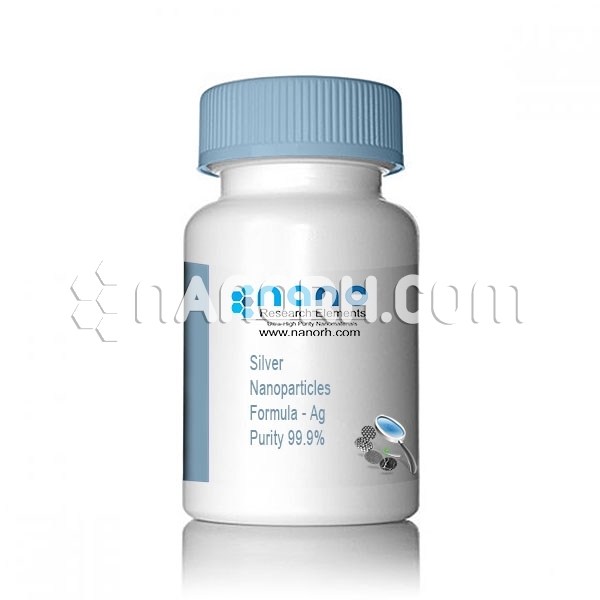
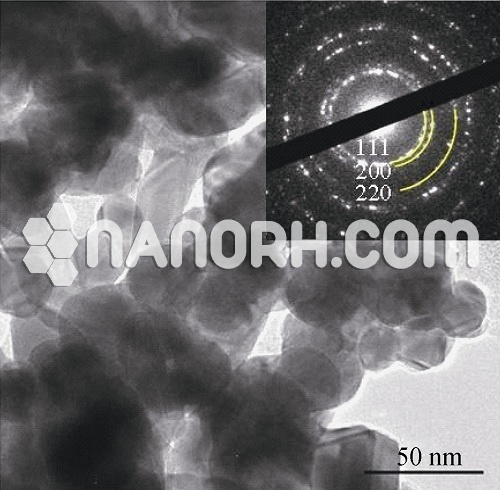
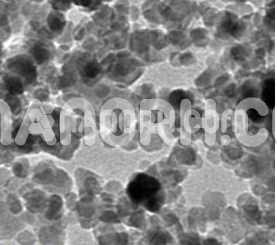
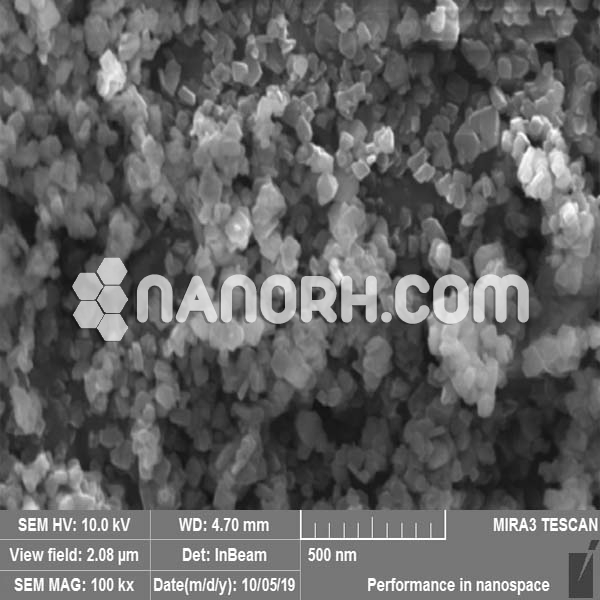
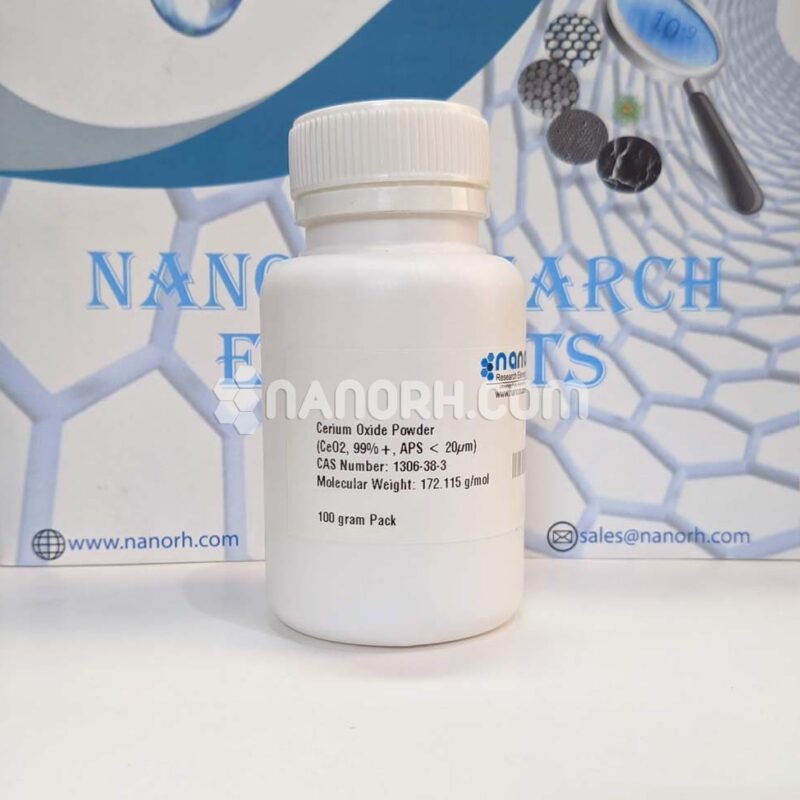
Reviews
There are no reviews yet.